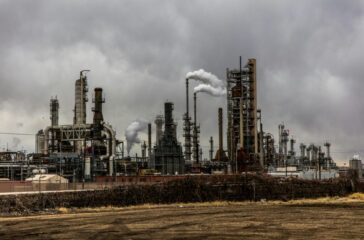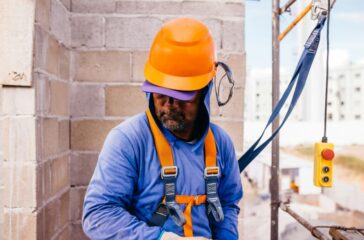$9 trillion in heat damages traced to 5 fossil fuel giants, study finds
By Dana Drugmand
Carbon dioxide and methane emissions from the world’s biggest fossil fuel producers have likely caused trillions of dollars in economic damages due to intensifying heatwaves over the last 30 years, according to new peer-reviewed research.
 EWG
EWG

